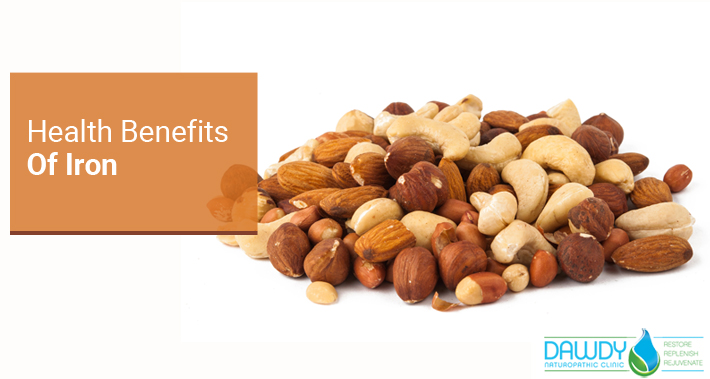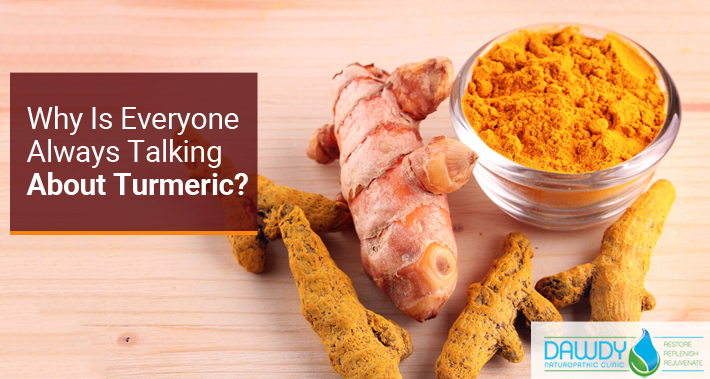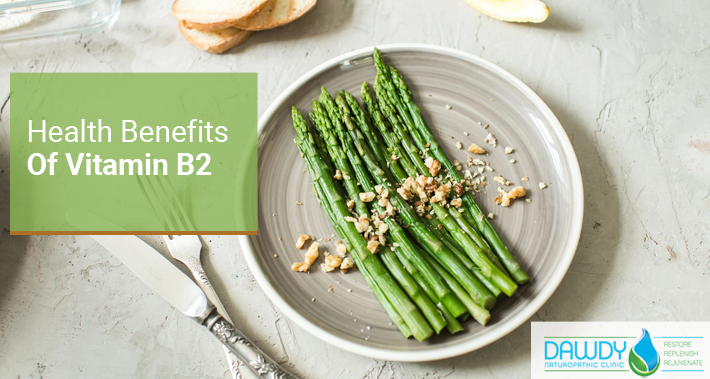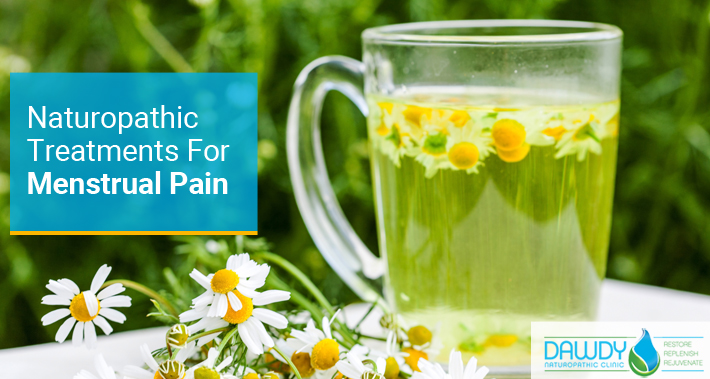Health Benefits Of Iron
When you think of iron, it might bring to mind images of tools and construction.
You might be picturing the shiny silver metal which forms steel, or the cast iron pans you make omelets in.
And there’s a good reason for this, as iron is all around us.
By mass, iron is one of the most common elements on earth.
It forms both Earth’s inner and outer core.
But did you know that it also plays a very important role in the health of your blood.
Iron is an important mineral that your body needs for healthy growth and development.
Lack of iron can affect your body’s ability to get enough oxygen to your cells, which may result in lethargy, trouble breathing, and dizziness, among other symptoms.
Our Ottawa naturopathic clinic can help you determine the root causes of an iron deficiency and help you find strategies to safely increase your blood iron levels.
Read on to find out more about this important mineral and its effects on your health.
What Is Iron?
Iron is a chemical element, number 26 on the periodic table.
It makes up an important component of your blood called hemoglobin.
Hemoglobin is a protein in your red blood cells that oxygen attaches itself to, which is then carried to cells throughout your body.
Iron is also a part of myoglobin.
Myoglobin is a protein that feeds oxygen to your muscles.
Low iron levels are the most common nutrient deficiency experienced by people worldwide, especially among children.
When it comes to dietary iron, there are two types: heme iron and nonheme iron.
Let’s have a look at the differences between the two types of iron.
Heme Iron
Heme iron is the type of iron which is most easily absorbed by your body.
It’s only found in animal products, such as poultry, meat, fish, and seafood.
Those who abstain from consuming meat and other animal products, such as vegetarians and vegans, are at higher risk for having iron deficiency.
This is because heme iron is more easily absorbed by the body than nonheme iron.
Nonheme Iron
Nonheme iron is found in many plant based foods, including grains, beans, nuts, and seeds.
It’s also found in eggs and dairy products, and in animal products.
Approximately 50-60% of the iron found in meat products is nonheme iron.
As mentioned above, nonheme iron is more difficult for your body to absorb.
However, there are ways you can improve its absorption.
Eating foods that are high in vitamin C, vitamin A, and beta carotene can help increase absorption of nonheme iron.
Additionally, eating sources of heme iron such as meat and poultry at the same time as nonheme iron can further help boost absorption.
On the other hand, there are some foods that can reduce iron absorption.
These include:
- Calcium
- Polyphenols (found in wine, tea, coffee, and many plant based foods)
- Phytic acid (found in soy, nuts, whole grains, and legumes)
What Are Iron’s Benefits?
Iron is essential for the production of hemoglobin and myoglobin, which distribute oxygen throughout your body.
But there are many other health benefits that iron can provide you.
Some of the health benefits of iron include:
- Helps improve your immune system function
- Improves sleep quality
- Increases energy levels
- Enhances skin health
- Improves hair and nail health
- Better endurance for athletes
- Improves health during pregnancy
RELATED: 5 Nutrients To Support Your Immune System
RELATED: Naturopathic Solutions For Acne
What Foods Are High In Iron?
Now that we know a bit more about the different types of iron and why it’s important for our health, let’s take a look at some of the dietary sources of iron.
Some good sources of heme iron include:
- Light canned tuna
- Poultry
- Mussels, clams, and oysters
- Beef
- Organ meats
- Chicken and beef liver
- Tinned sardines
Some sources of nonheme iron are:
- Seeds and nuts
- Spinach
- Potato with skin
- Beans and lentils
- Enriched rice
- Fortified cereals
- Enriched bread
- Dark chocolate
Combining foods of both types of iron can help increase your body’s absorption of it.
If you aren’t able to eat certain types of food, such as meat and seafood, iron is also available as a supplement, which can help you maintain healthy iron levels.
RELATED: Can Healthy Eating Be Affordable? Yes!
What Does Iron Deficiency Look Like?
Iron deficiency ultimately means that the cells of your body aren’t getting sufficient amounts of oxygen.
Symptoms of iron deficiency can include:
- Feeling tired and lethargic
- Feeling weak
- Headaches and lightheadedness
- Itchiness
- Confusion
- Poor concentration
- A louder pulse that you may be able to hear (pulsate tinnitus)
- Changes in your sense of taste
- Pica (wanting to eat things which aren’t food)
- Difficulty breathing and shortness of breath
- Pale complexion
- Brittle nails and hair loss
- Cold sensitivity
- Heart palpitations and fast heart rate
What Is Iron Deficiency Anemia?
Anemia is a condition in which the body doesn’t have enough healthy red blood cells to provide oxygen to your cells.
Iron deficiency anemia is when this occurs specifically as a result of a lack of iron.
This is the most common type of anemia.
There are a number of factors which can cause iron deficiency anemia.
If you menstruate, loss of blood due to heavy periods can cause iron deficiency.
You’re also at greater risk if you’re pregnant, as during this time your body needs more iron to give to the baby.
RELATED: Support For Expectant And New Parents
One of the most common causes, especially in men and postmenopausal women, is bleeding in the intestines and stomach.
RELATED: Naturopathic Menopause Treatments & Supplements
This is often due to use of non steroidal anti inflammatory drugs, ulcers, or stomach cancer.
Other groups at risk for iron deficiency anemia include:
- Vegetarians and vegans, due to not getting heme iron through their diets
- The elderly
- Children, as they require higher iron levels to grow
- Individuals on dialysis with chronic kidney failure
- Endurance athletes
Can You Overdose On Iron?
If you’re in overall good health, taking high doses of iron supplements, especially on an empty stomach, can cause a variety of symptoms.
These can include:
- Upset stomach
- Nausea
- Constipation
- Diarrhea
- Vomiting
- Abdominal pain
Taking substantial amounts of iron can potentially lead to more serious issues, such as inflammation of the stomach lining and ulcers.
An extreme overdose of iron tablets can sometimes be fatal.
However, this is very rare.
A fatal iron overdose generally occurs when young children take too much without being aware of what they’re taking.
As a result, most iron supplements come with childproof caps.
Book Your Appointment With Dawdy Naturopathic Today
Are you part of a group that’s at a higher risk of developing iron deficiency?
Perhaps you follow a vegetarian or vegan lifestyle and aren’t sure if your body is getting enough iron through your dietary sources.
Or maybe you’re trying to get pregnant, and want to make sure you’re getting enough iron for both you and your baby.
I’m Dr. Kimberly Dawdy, ND, and I can help you address any concerns you may have about your iron intake and work with you to optimize your health naturally.
I can provide you with information about iron, as well as any other nutrients that you need for a healthy active life.
Book your appointment with Dawdy Naturopathic today.
Yours in Health,
Dr. Kimberly Dawdy, ND
Dawdy Naturopathic Clinic
6899 Sunset Blvd,
Greely, ON K4P 1C5
-https://g.page/dawdynaturopathicclinic
Dawdy Naturopathic Clinic offers a variety of naturopathic health solutions for individuals and families in Ottawa and the surrounding area.





